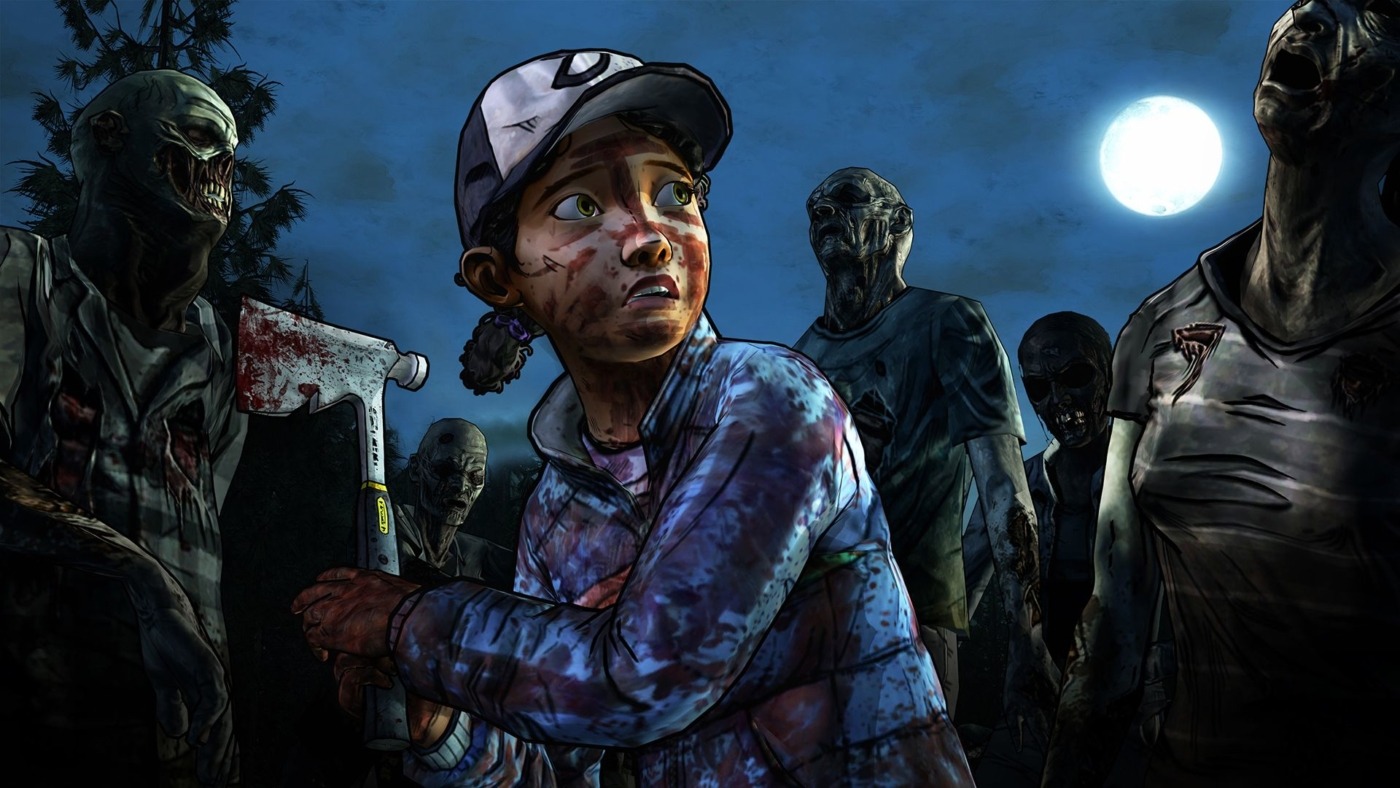Dead men tell no tales pt. 2
The closure came almost out of nowhere. Telltale was shutting down. When the dust settled only 25 people remained, a skeleton crew tasked with finishing a Minecraft: Story Mode project for Netflix. The 250 others, given 30 minutes to leave the building and told that their healthcare benefits would end in just over a week. Just days later the skeleton crew would be laid off, as the final nail in the coffin is hammered. None were given severance. The now ex-employees were later given more time to come back and collect their belongings, however it was little consolation.
Further information painted a worse picture for some. At least one employee was reportedly hired a week before the closure, travelling a fair distance across America to start their job. Additionally, part-time contract workers would be ineligible for unemployment allowance.
If Telltale loses the lawsuit then they legally have to pay all their employees for the 60 days they should of remained in their job
They are now fighting a class action lawsuit that asserts Telltale’s management fell afoul of Californian labour laws because they didn’t notify employees 60 days in advance of their employment termination (or a single day in advance for that matter). If Telltale loses the lawsuit then they legally have to pay all their employees for the 60 days they should have remained in their job, which would provide some respite for its ex-employees.
Other major closures in the recent times have included Visceral and Capcom Vancouver however their situations were a little different. Both are owned under much bigger publisher brands, EA and Capcom. Talent can be moved to other operating studios and any that are left without work can receive severance from a still functioning company.
Instead Telltale workers are left like those at Gazillion from last year. The developer behind the popular Marvel Heroes MMO closed last November and similarly gave employees no severance and little in health benefits.
So what can be done? One answer could be unionisation. The idea has been floated in the past in relation to crunch, the excessive and often uncompensated effort put into the final months before release of a game. Pro-unionisation groups like Game Workers Unite hope that by banding together direct communication could be opened between management and developers and power levied to action positive change. They could provide a safety net for those who find themselves out of a job.
They could have had at least some warning that things were bad and been given time to prepare for the worst
A union at a studio with heavy reliance of contract work could strive for better benefits for those workers or even demand as many as possible be brought on full time. Telltale and Gazillion’s woes may not have all been solvable by unionisation, the issue of money running dry and severance not being paid would remain but by having proper communication with those running the company, employees could have had a better understanding of the monetary situation. They could have had at least some warning that things were bad and been given time to prepare for the worst.
Thankfully in this dark time, there have been silver linings. Ubisoft and Blizzard amongst others have been actively reaching out to those affected, highlighting vacancies and hosting interview events. In 2014, 56% of polled developers were pro unionisation, perhaps seeing the situation at Telltale could prompt them to finally take matters into their own hands and hopefully we’ll never see what happened in the last few weeks ever again.

Comments
Comments are closed here.